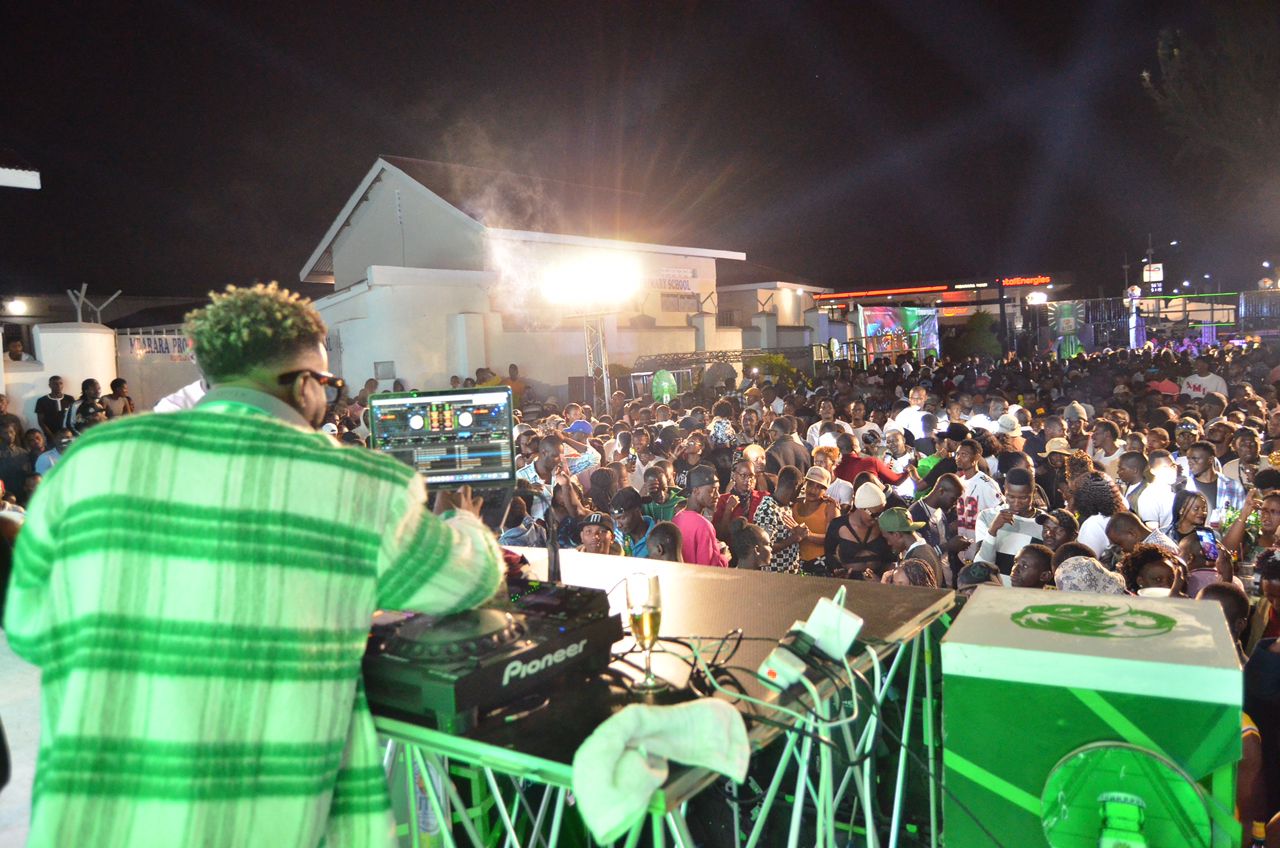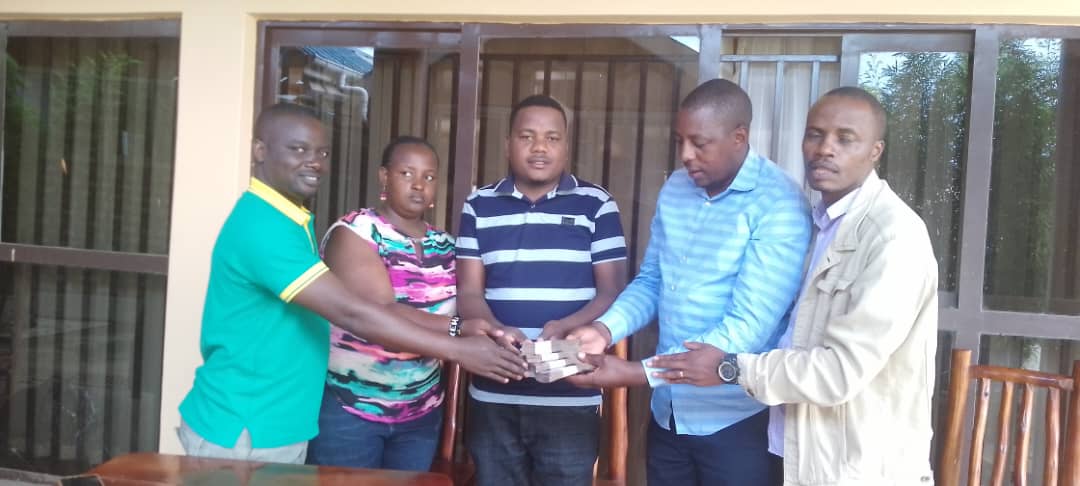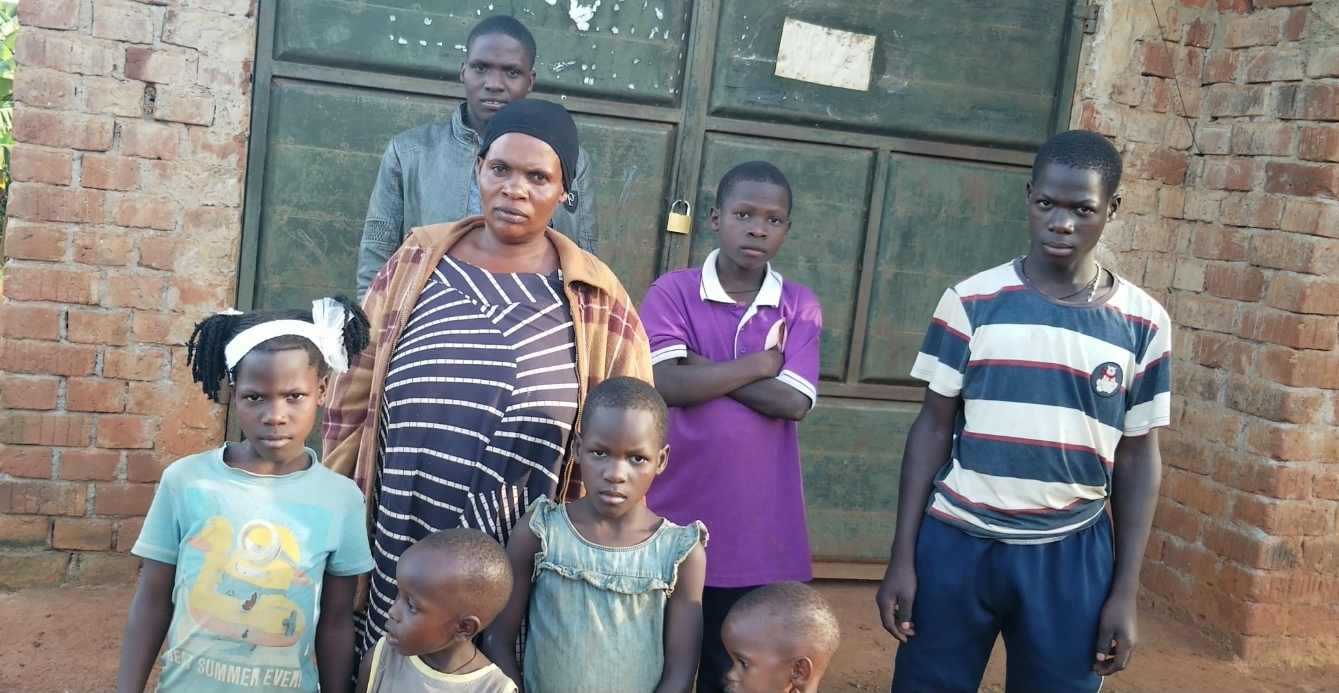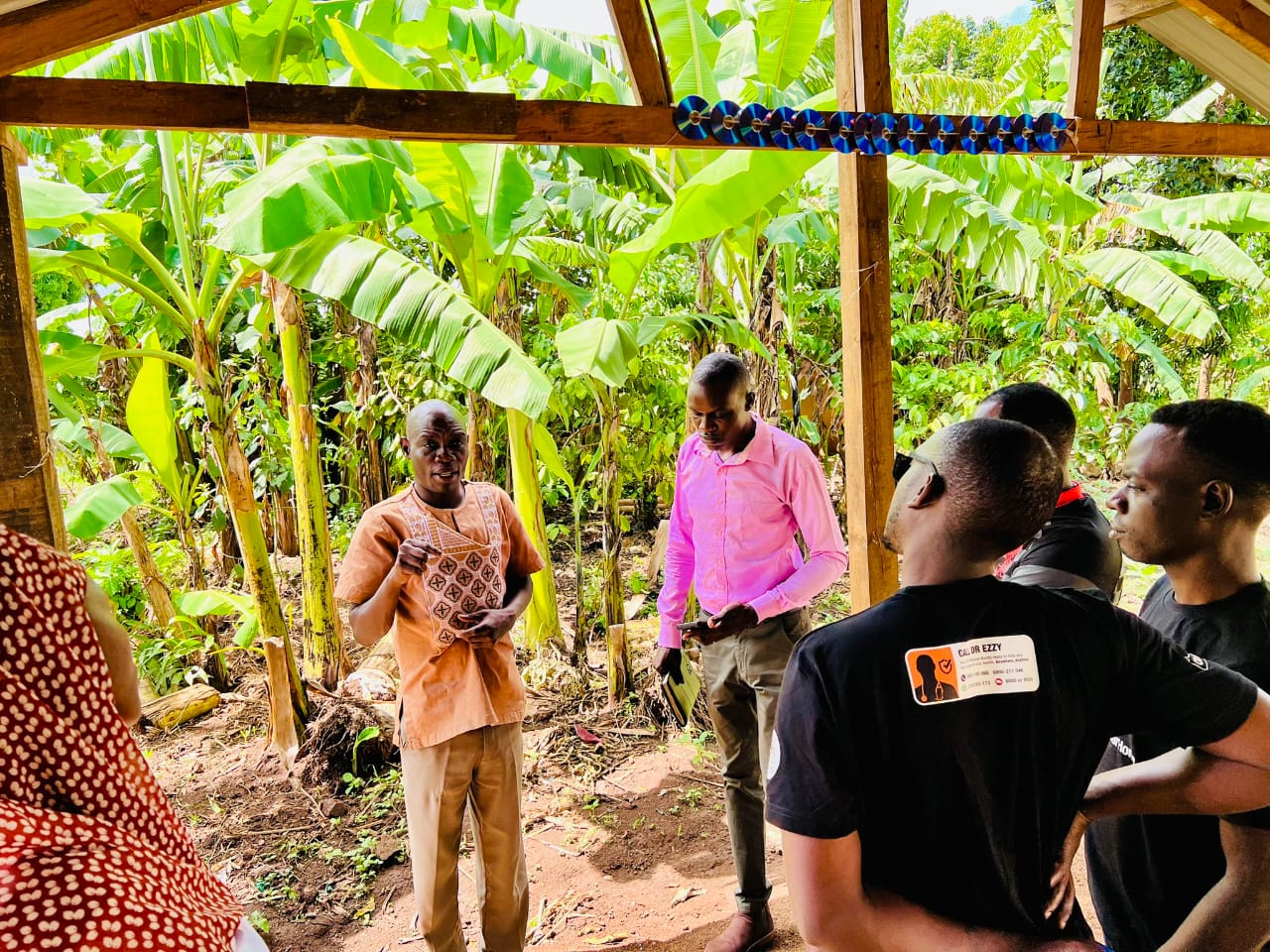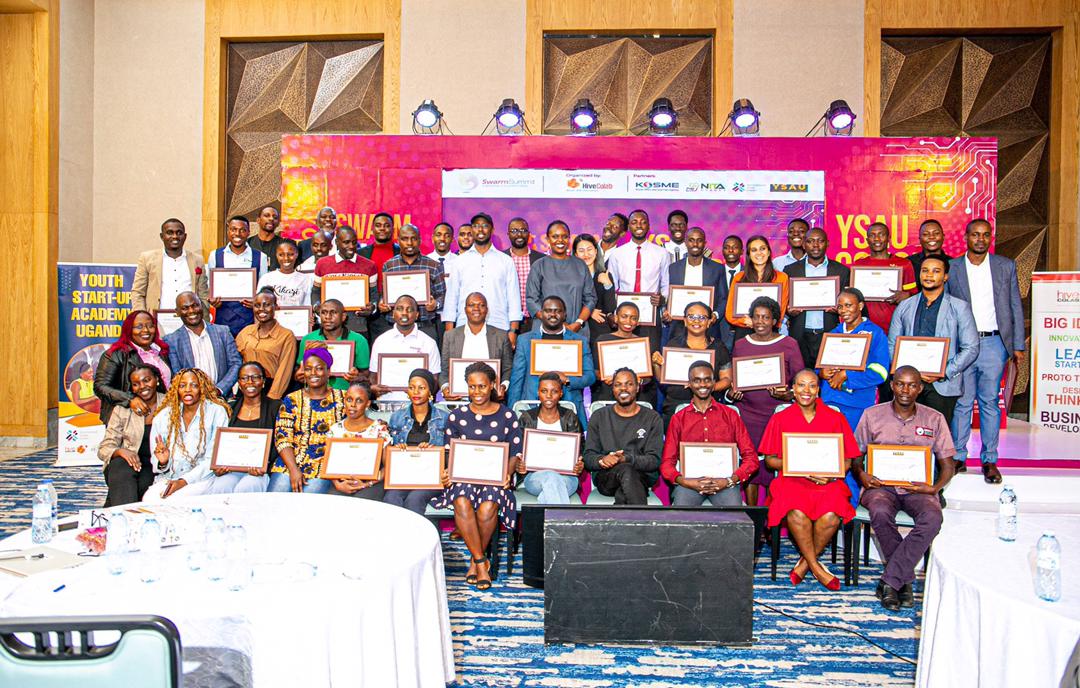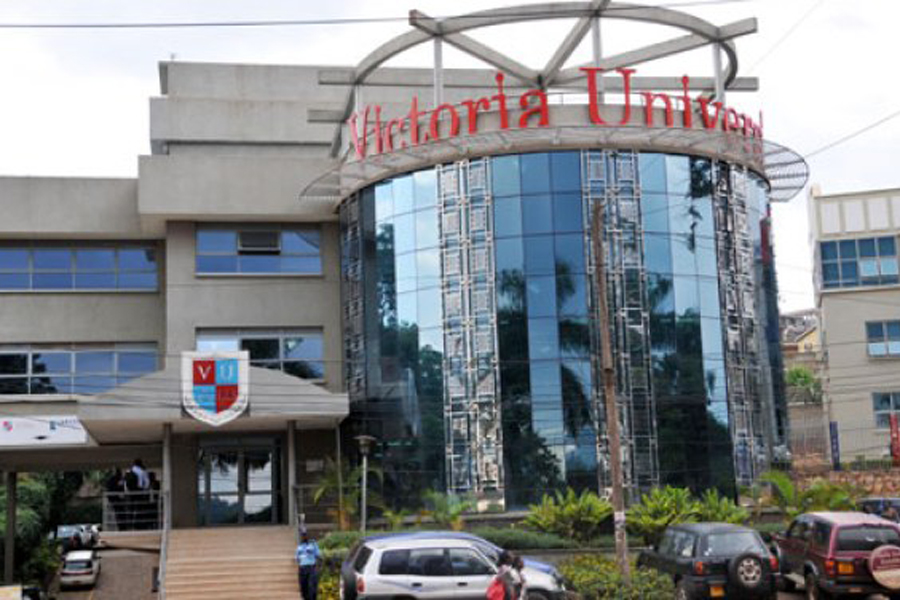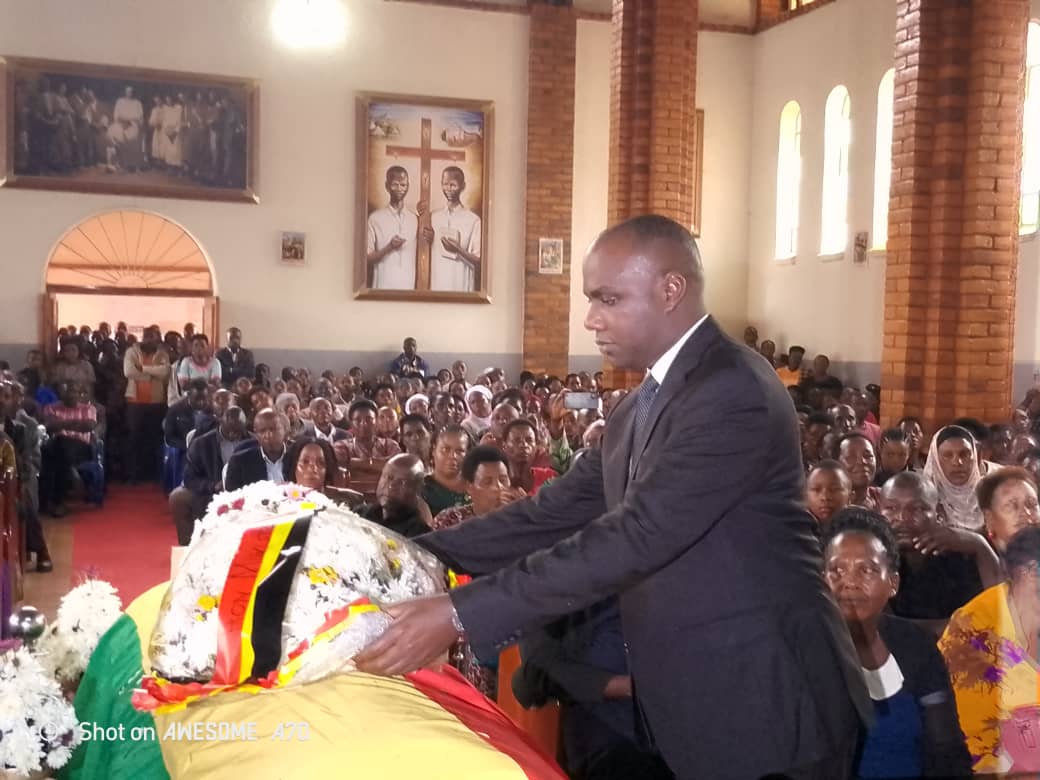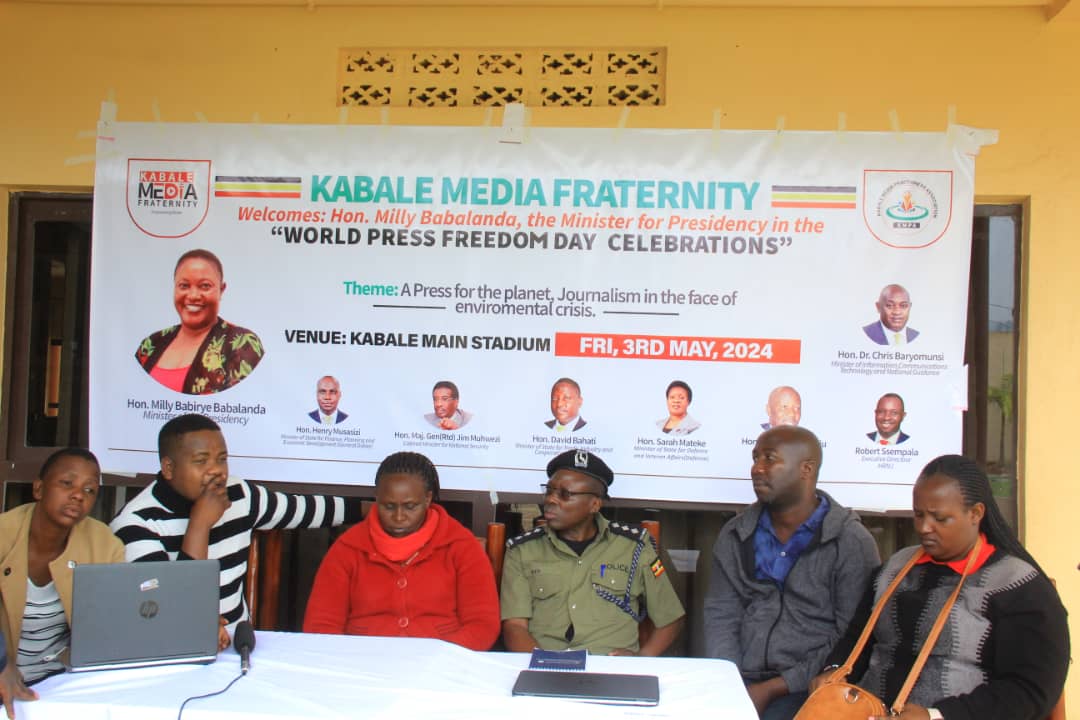Challenges facing parents educating children in private schools
As parents grapple with these hurdles, the education of their children hangs in the balance, shaping the future trajectory of individuals and communities across the country.
In Uganda, education is widely regarded as a fundamental pathway to social mobility and economic prosperity. Amidst a landscape of public and private schooling options, many parents opt to enroll their children in private schools, seeking quality education and better opportunities for their offspring.
However, navigating the terrain of private education in Uganda comes with its own set of challenges, ranging from affordability and accessibility to quality assurance and parental expectations.
As parents grapple with these hurdles, the education of their children hangs in the balance, shaping the future trajectory of individuals and communities across the country.
One of the foremost challenges facing parents educating children in private schools in Uganda is the issue of affordability.
While private schools often tout superior facilities, smaller class sizes, and specialised curricula, they also come with a hefty price tag.
Tuition fees, admission costs, and additional expenses for uniforms, textbooks, and extracurricular activities place a significant financial burden on families, particularly those from low-income backgrounds.
As a result, many parents find themselves caught between the desire to provide the best possible education for their children and the stark reality of limited financial resources.
Accessibility is another pressing concern for parents navigating the private education landscape in Uganda. While urban centers boast a plethora of private schools catering to diverse socioeconomic backgrounds, rural areas often lack access to quality private education options.
Limited infrastructure, inadequate resources, and geographical barriers contribute to disparities in educational opportunities, forcing many rural families to rely on under-resourced public schools or costly alternatives such as boarding schools in urban areas.
The lack of accessible private education exacerbates inequalities and perpetuates disparities in educational outcomes between urban and rural areas.
Quality assurance is a paramount concern for parents entrusting their children's education to private schools in Uganda.
While some private schools uphold rigorous academic standards and provide holistic learning experiences, others fall short in terms of infrastructure, teacher qualifications, and pedagogical approaches.
The absence of robust regulatory mechanisms and oversight bodies in the private education sector leaves room for exploitation and malpractice, raising concerns about the quality and credibility of education provided by certain institutions.
For parents, navigating the maze of private schools requires careful research, scrutiny, and due diligence to ensure that their children receive a quality education that equips them for future success.
Parental expectations and societal pressures add another layer of complexity to the challenges facing parents educating children in private schools in Uganda.
In a society where education is highly valued and seen as a pathway to upward mobility, parents often feel immense pressure to secure the best possible educational opportunities for their children.
This pressure manifests in various forms, including the pursuit of prestigious schools, high academic achievement, and extracurricular excellence.
However, unrealistic expectations and intense competition can take a toll on students' mental health and well-being, leading to stress, anxiety, and burnout.
Balancing parental aspirations with the holistic development of children emerges as a delicate balancing act for families navigating the private education landscape.
Amidst these challenges, parents educating children in private schools in Uganda are faced with critical decisions that shape the educational trajectories and life chances of their offspring.
While private education offers certain advantages in terms of quality, choice, and flexibility, it also presents formidable obstacles related to affordability, accessibility, quality assurance, and parental expectations.
Addressing these challenges requires a multifaceted approach that involves collaboration between government, education stakeholders, and civil society to ensure equitable access to quality education for all children, regardless of socioeconomic background or geographic location.
As Uganda strives towards a future of inclusive and sustainable development, investing in the education of its youth emerges as a fundamental imperative, laying the foundation for a brighter and more prosperous tomorrow.


